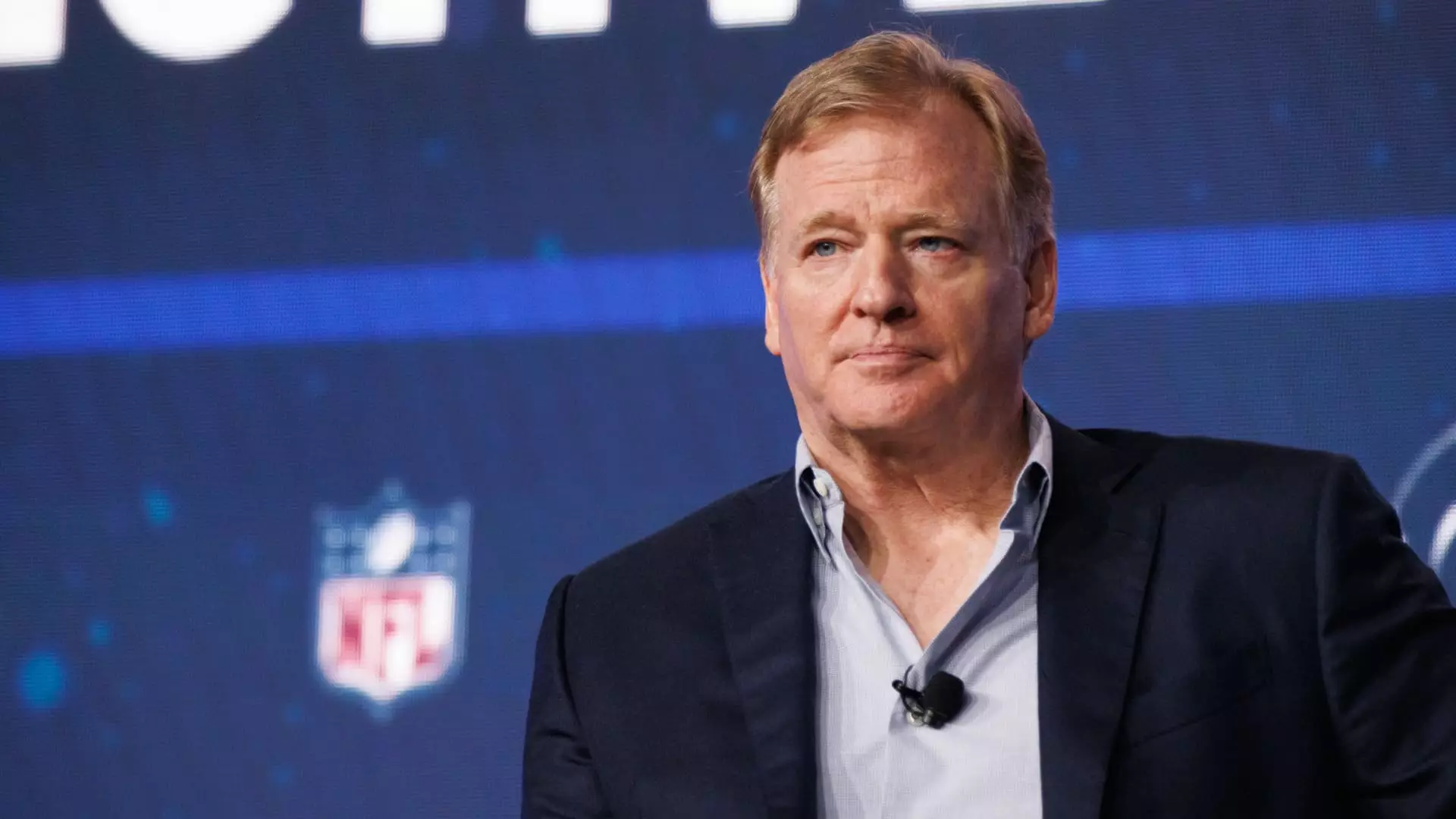The National Football League is exploring the option of permitting minority private equity ownership for its 32 teams, with a proposed limit of up to 10% of ownership. This move comes as the NFL aims to adapt its policies to align with the evolving landscape of sports. Commissioner Roger Goodell highlighted the significant interest from private equity firms and suggested that this shift in ownership structure could complement existing ownership policies.
While other major sports leagues in the United States, such as the NBA, MLB, NHL, and MLS, permit private equity ownership of up to 30%, the NFL has historically been more conservative in this regard. The league preferred individual or family ownership over institutional funds like private equity. However, rising franchise valuations, fueled by lucrative media deals, have made team ownership increasingly exclusive. For example, the Washington Commanders were sold for a record-breaking amount of $6.05 billion in 2023.
The traditional model of team ownership in the NFL presents challenges for potential investors who may not have the financial resources to single-handedly acquire a franchise. As Josh Harris noted, writing a $5 billion equity check is a daunting task for all but the wealthiest individuals. This financial barrier has led to a reevaluation of the league’s stance on private equity and institutional investment.
The entry of private equity firms into team ownership raises questions about the underlying motivations and incentives for investors. Unlike individual or family owners who may have personal ties to the team, private equity investors are driven by financial returns and investment targets. This shift in ownership dynamics could potentially disrupt the traditional fabric of the NFL and its associated culture.
Minority stakes offered to private equity investors often come with limited decision-making power within the team. While this may be appealing to the NFL in terms of maintaining control, it also reduces the pool of potential investors interested in acquiring smaller ownership stakes. Individuals accustomed to a more active role in their investments may find the passive nature of minority ownership less appealing.
Private equity firms are experienced in managing investment vehicles to generate returns on assets under management. This expertise could potentially benefit the NFL in terms of financial governance and strategic decision-making. However, the introduction of private equity ownership could also introduce new complexities and considerations that traditional ownership structures may not entail.
The potential introduction of private equity ownership in the National Football League represents a significant shift in the league’s long-standing ownership traditions. While this move could open up new avenues for investment and financial growth, it also poses challenges in terms of control, decision-making, and the overall culture of the NFL. As the league navigates these changes, it will be crucial to strike a balance between financial pragmatism and preserving the core values and integrity of the sport.



Leave a Reply